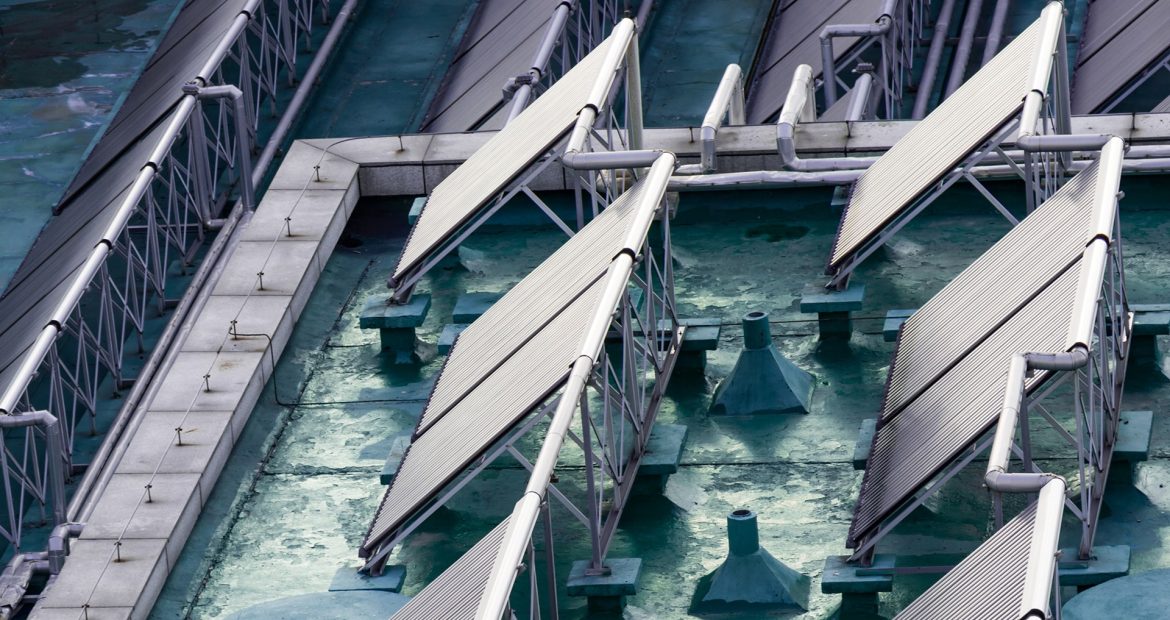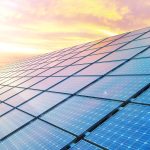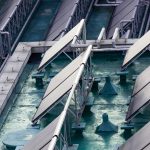Introduction
With Nigeria’s persistent power supply challenges, more homeowners are turning to alternative energy solutions. Among the most promising and sustainable options is solar energy. As the cost of solar technology decreases and the benefits become clearer, solar panel installation in Nigerian residential homes is emerging as a smart, long-term investment.
Why Solar Panels Are Ideal for Nigerian Homes
Nigeria receives an average of 5.5 hours of sunlight per day, making it one of the most solar-rich countries globally. This abundant sunlight is an underutilized asset that, when tapped into, can:
- Reduce dependence on unreliable grid electricity
- Eliminate or drastically cut generator fuel costs
- Lower long-term energy bills
- Increase property value
- Reduce environmental impact
Benefits of Residential Solar Panel Installation
- 24/7 Power Supply
With the right system size and battery storage, homeowners can enjoy uninterrupted electricity, free from blackout worries. - Cost Savings Over Time
Though the upfront investment is significant, homeowners recover costs in 2–5 years, depending on system size and power usage. - Silent and Clean Alternative to Generators
Unlike noisy diesel generators, solar panels produce zero noise and no harmful fumes. - Low Maintenance
Solar systems require minimal upkeep — typically, just regular cleaning and an annual system check-up. - Energy Independence
Enjoy control over your energy production and consumption, with no reliance on public power providers.
What Does a Typical Residential Solar Setup Include?
Mounting Structure and Wiring: Securely install panels on rooftops or ground space.
Solar Panels (PV Modules): Convert sunlight into electricity.
Inverter: Converts DC electricity into usable AC power for home appliances.
Batteries (Optional but Recommended): Store energy for nighttime or cloudy days.
Charge Controller: Protects batteries from overcharging.
Factors to Consider Before Installation
- Roof Space and Orientation: Ideally, panels should face south or west to capture optimal sunlight.
- Energy Needs: Conduct an energy audit to determine how much power your household consumes daily.
- Budget: Start small and scale over time if funds are limited.
- Installer Credentials: Work with certified solar installers with proven experience in Nigerian terrain.
- Warranties and After-Sales Service: Ensure components come with warranty support and local service availability.
Steps to Installing Solar Panels in Your Home
- Site Assessment: A solar expert visits to assess your roof, sunlight access, and load requirement.
- System Design & Quotation: Based on your needs and budget.
- Installation: Typically completed within 1–3 days.
- Testing & Commissioning: The system is tested and handed over.
- Monitoring: Some systems come with mobile apps to track usage and performance.
Overcoming Common Challenges
- Initial Cost: Consider solar loans or installment payment plans. Some Nigerian banks now offer green energy loans.
- Poor Quality Products: Always buy from trusted brands and dealers. Ask for product certifications.
- Unqualified Installers: Cheap labor may result in poor setup. Use licensed professionals.
Conclusion
Solar panel installation in Nigerian residential homes is no longer a luxury — it’s a necessity for reliable, cost-effective, and eco-friendly energy. As technology advances and financing options improve, more Nigerian households can free themselves from the grid and the generator.
Power your home with the sun, reduce your carbon footprint, and enjoy true energy freedom.




